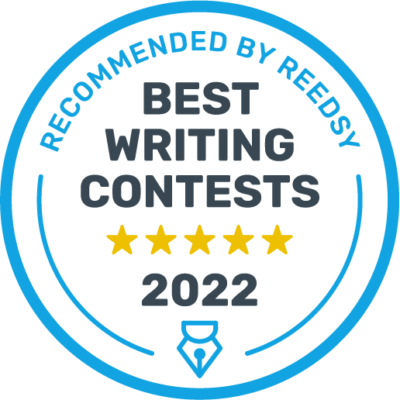The 2014 yeah write summer series continues! Check out Christine’s weekly kickoff post to find everything you need to know about the guidelines, format, and lounges for our third summer series. You’ll find the grid and posting guidelines at the bottom of this post. Don’t forget to drop by the yeah write lounges and the coffeehouse and introduce yourself. They are open 24-7 and would love to see you. Our weekly summer series writing topics continue. Today’s topic? Editing and revision
Cut, cut, cut!
Many bloggers and writers make the mistake of simply tapping away at the keyboard and hitting publish, blissfully unaware that they are foregoing the clearest path to bettering one’s writing: the editing process. They’ll get frustrated after hopping over this part of the process, wondering why no one ever offers them a book deal or at the least a shiny blog award, and it’s because they neglect this most important of steps.
You may argue, “That’s what editors are for! I’m an artist and should not be bothered beyond the mental agony of creation and the divine inspiration inherent in a writer’s life!”
I am here to say, flat out –– no, you’re wrong. Writers aren’t particularly anointed or special, and skilled writers know that good writing begins with good editing.
But how?
First of all, once you’re finished writing, read your piece out loud. You’d be surprised how many errors your ears catch that your eyes do not. Not just typos, but a whole wealth of verbal morass can be dug out during this process. If possible, use a recording device or the memo function on your smartphone to record yourself reading it, then listen back. You’ll catch shifting tense errors, extra words that bog down your momentum, dialogue that sounds unnatural, and a paragraph that maybe doesn’t need to be there. Listen, and edit.
Be ruthless
This leads us to the next step in the process: be ruthless. Yes, I know, they’re your words, everything you write is pure gold, blah, blah, blah. I’m sorry to break this egotistical spell, you special unicorn you, but skilled writers come to learn that there is always something worth cutting in a piece, whether you’re Jill Smoe or J. D. Salinger. Removing unnecessary paragraphs or extra words doesn’t detract from your piece; on the contrary, it can tighten it up, improve the flow, and transform mediocre work into something that packs a punch. [I had an editor once instruct me to find my favorite sentence in every piece and just delete the damn thing, because I was never going to edit that and it probably needed it. Almost 20 years later it’s still the best advice I ever got. /rbg]
Move it or lose it
Don’t be afraid to shift sentences and paragraphs around, either. Sometimes a sentence floating in the middle of paragraph two would be more effective at the beginning of paragraph three. Or perhaps your sixth paragraph would work better flip-flopped with your fifth paragraph. The benefits of moving something around can be manifold. It can enhance the readability of a piece, make your train of thought more clear, or make it the entire work flow better. If a paragraph is too important to cut but just doesn’t seem right, try moving it and tweaking a few sentences if necessary –– you’d be surprised how often just a simple migration will streamline your work.
It needs to make sense
You can write something gorgeously lilting or full of heart, but it won’t amount to a hill of beans unless you stick to the main point. Everything in your work should serve to prop up the main point in some way or another. If it doesn’t, chop it. Rambling and/or tangents serving no purpose weaken an essay or story.
Don’t use four words when you only need one
The more concise your writing, the better it will be — period.
Compare:
The cat’s haunches were tense, and she looked like she was about to pounce.
to:
The cat crouched, ready to pounce.
Clean up any words that don’t need to be there. Verbosity is for Proust and Tolstoy, not blogging.
This week’s optional prompt is: what is the airspeed velocity of a flying monkey?
Go ahead and answer that question in a gargleblaster, incorporate it in your longer fiction, or use it as inspiration for your nonfiction. You can also ignore it completely if you’ve already got a great idea! Below you’ll find the badge for the summer supergrid #174. Copy the code under the badge and paste it into the html or text view of your blog editor. Having trouble? Contact christine@yeahwrite.me for tech support. 
<a href="https://yeahwrite.me/summer-series-174/"> <img src="https://yeahwrite.me/wp-content/uploads/2014/07/summer174.png"> </a>
 Loading InLinkz ...
Loading InLinkz ...






What are you talking about, Natalie? I *am* a special unicorn. My parents tell me so all the time!
Well, everyone EXCEPT you, James.
I tried to add my link tonight at about 11:52, but the badge would not come through. Let me know if there is anything we can do in the morning. Thanks, Lisa (Priscilla Queen of the Dessert)
Just went back and cut a sentence that I liked but just didn’t advance my story.
You’re a hero, Cyn.
I know. I saved everyone from that dreadfully unnecessary sentence. You’re welcome.